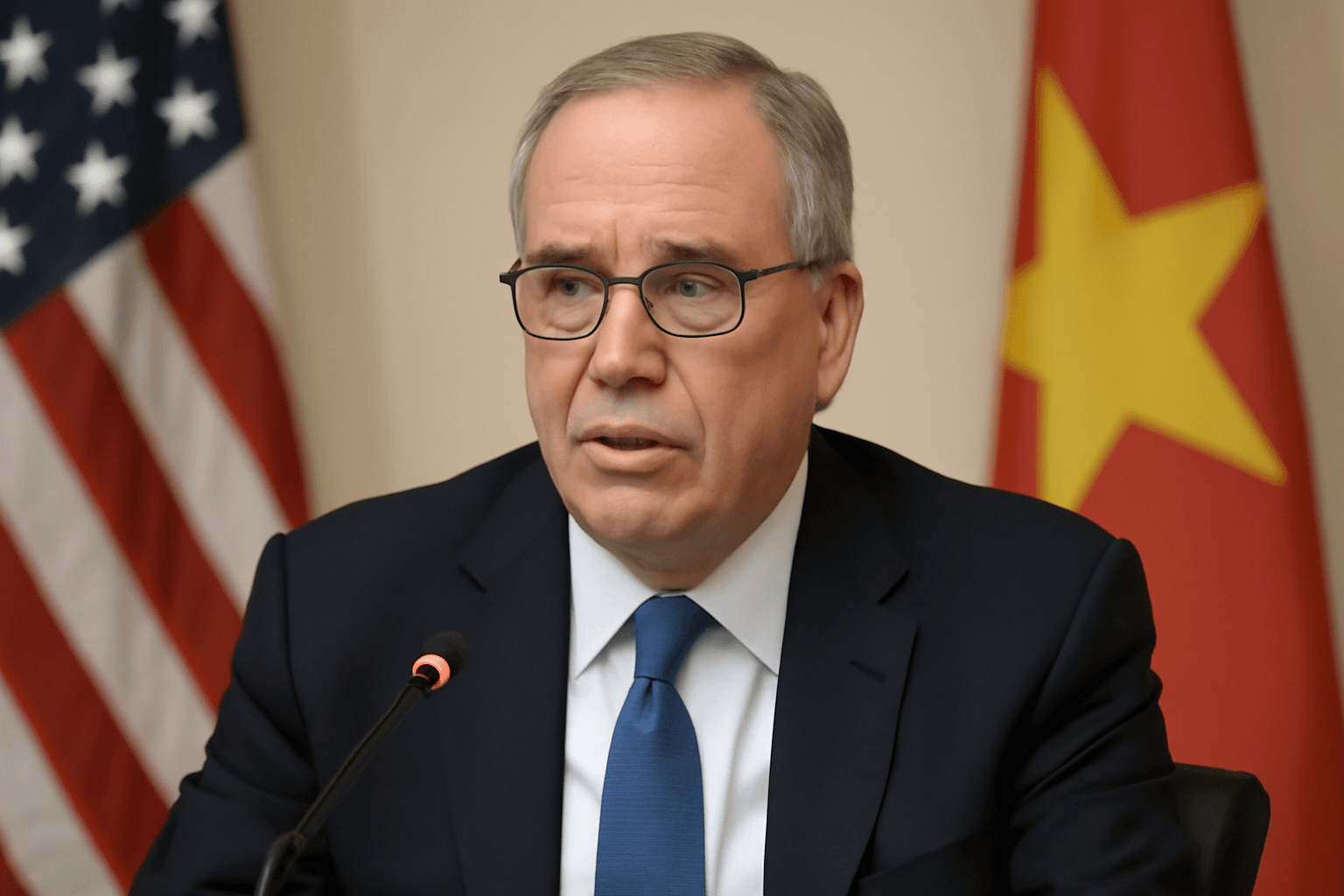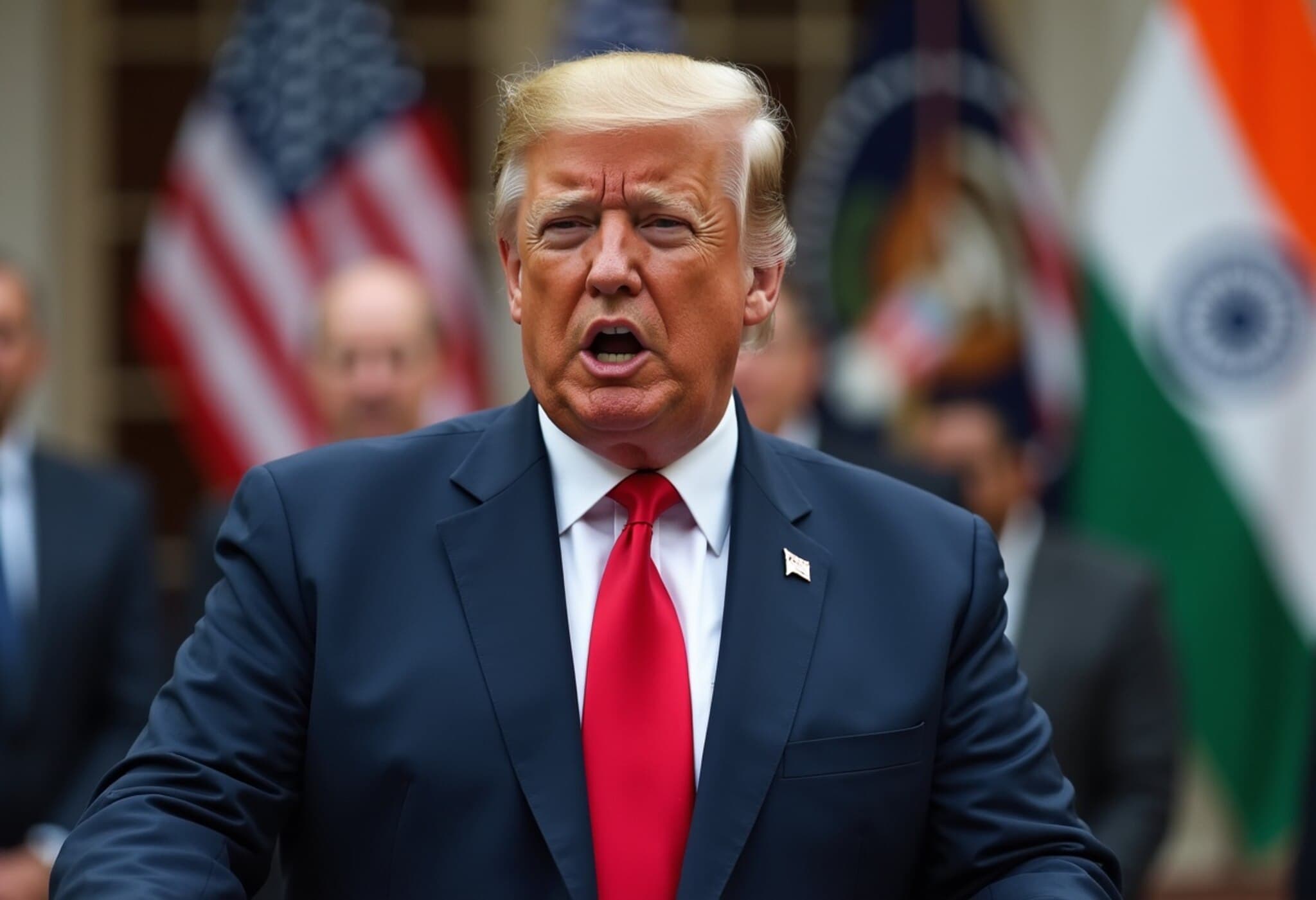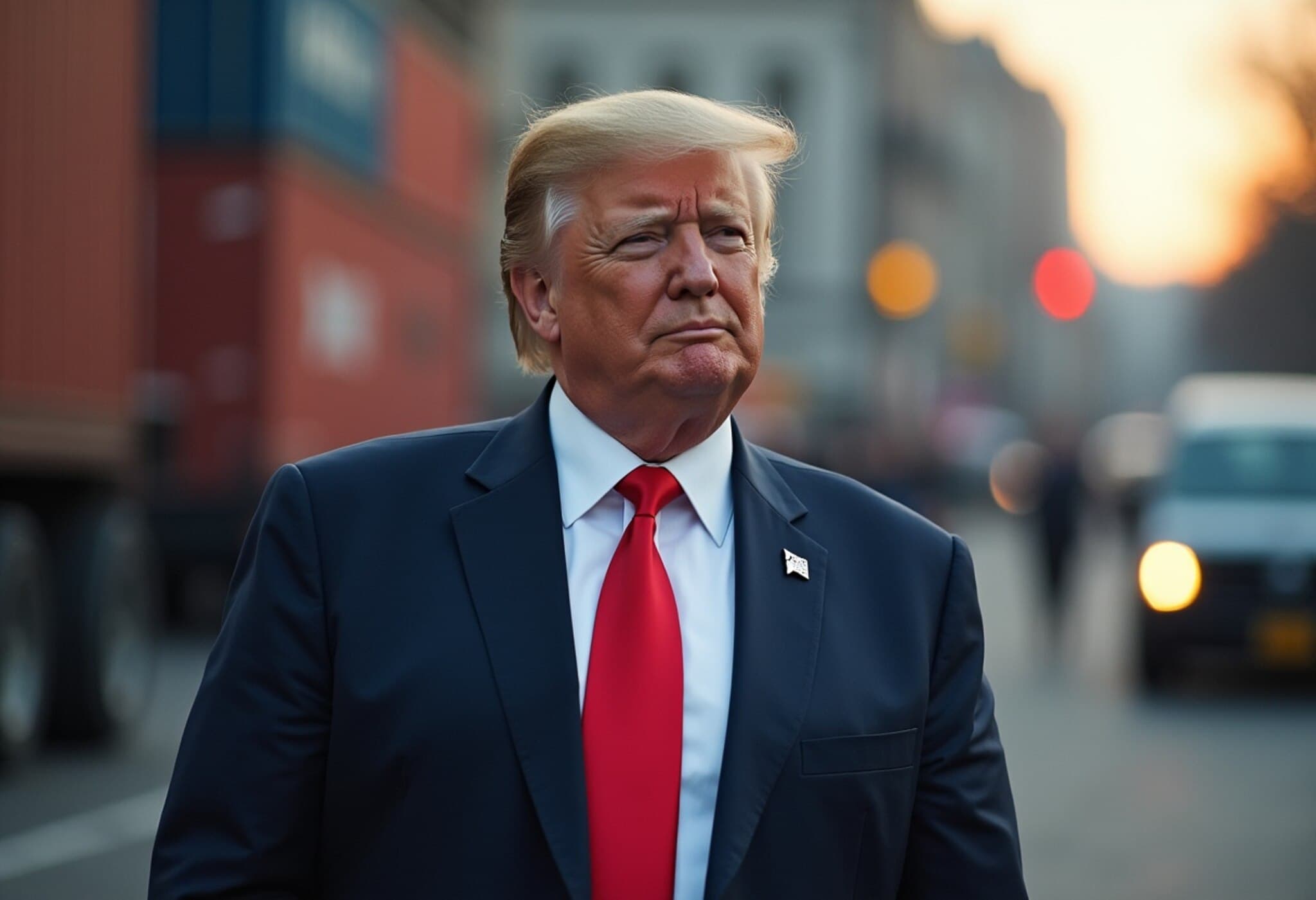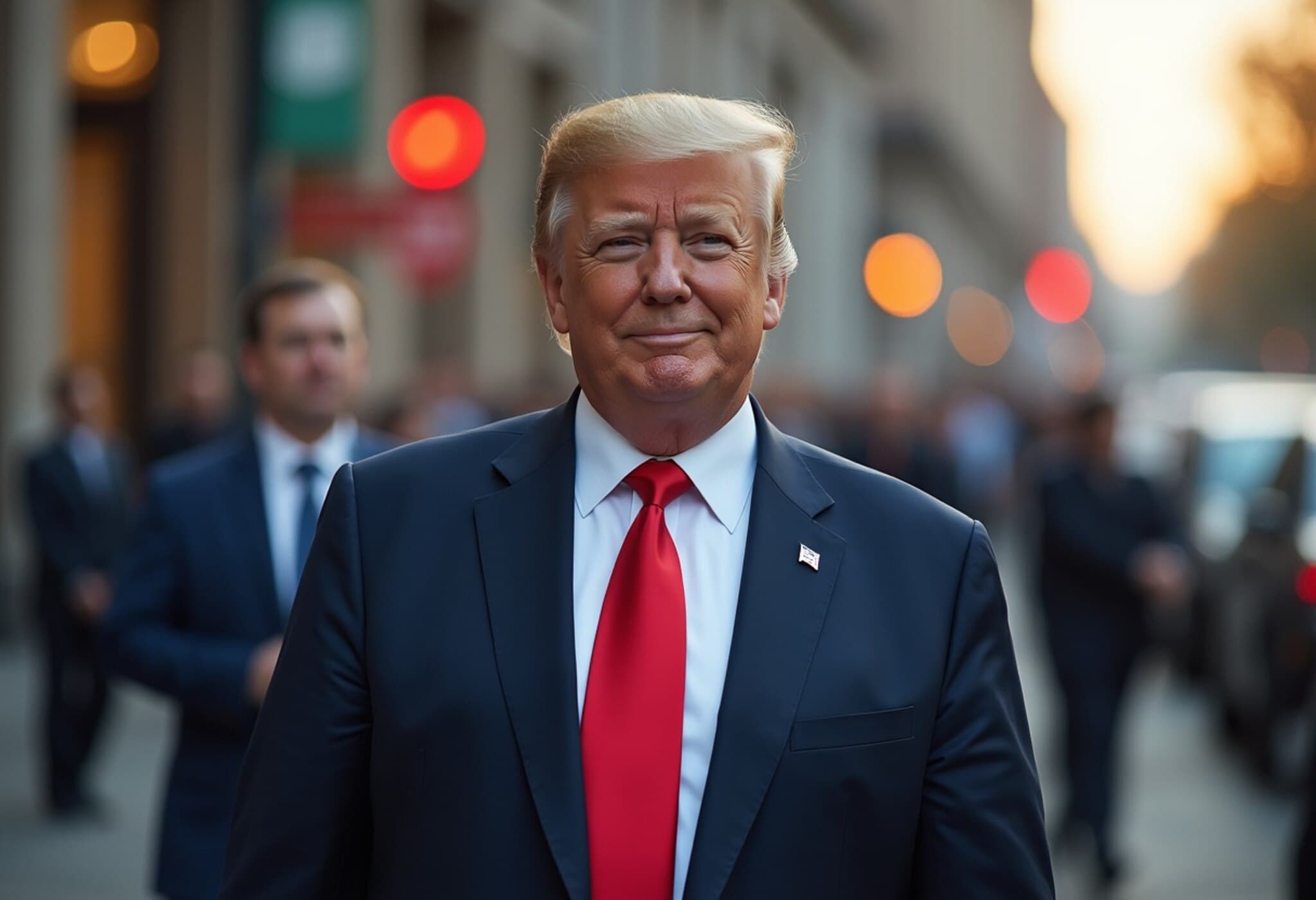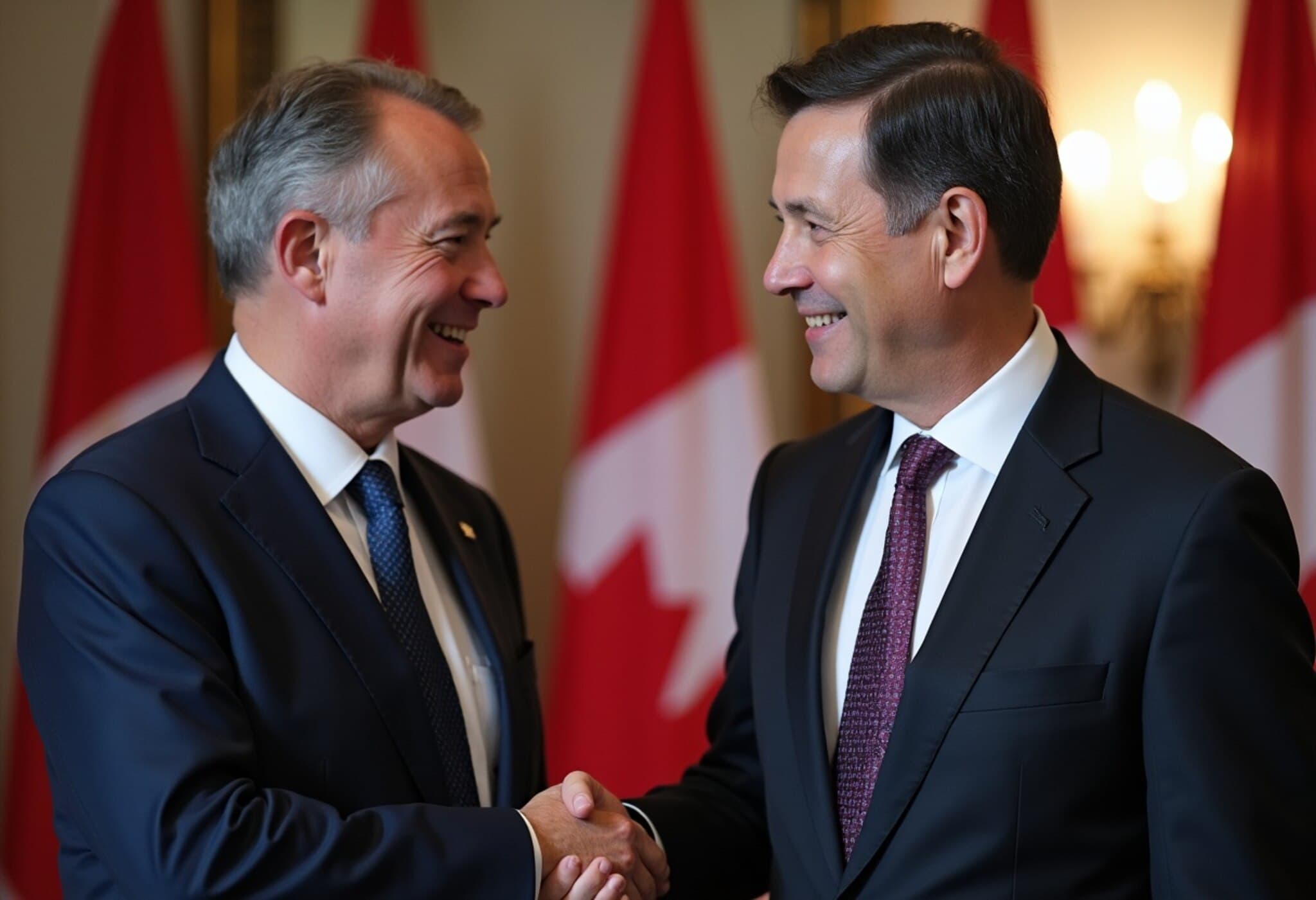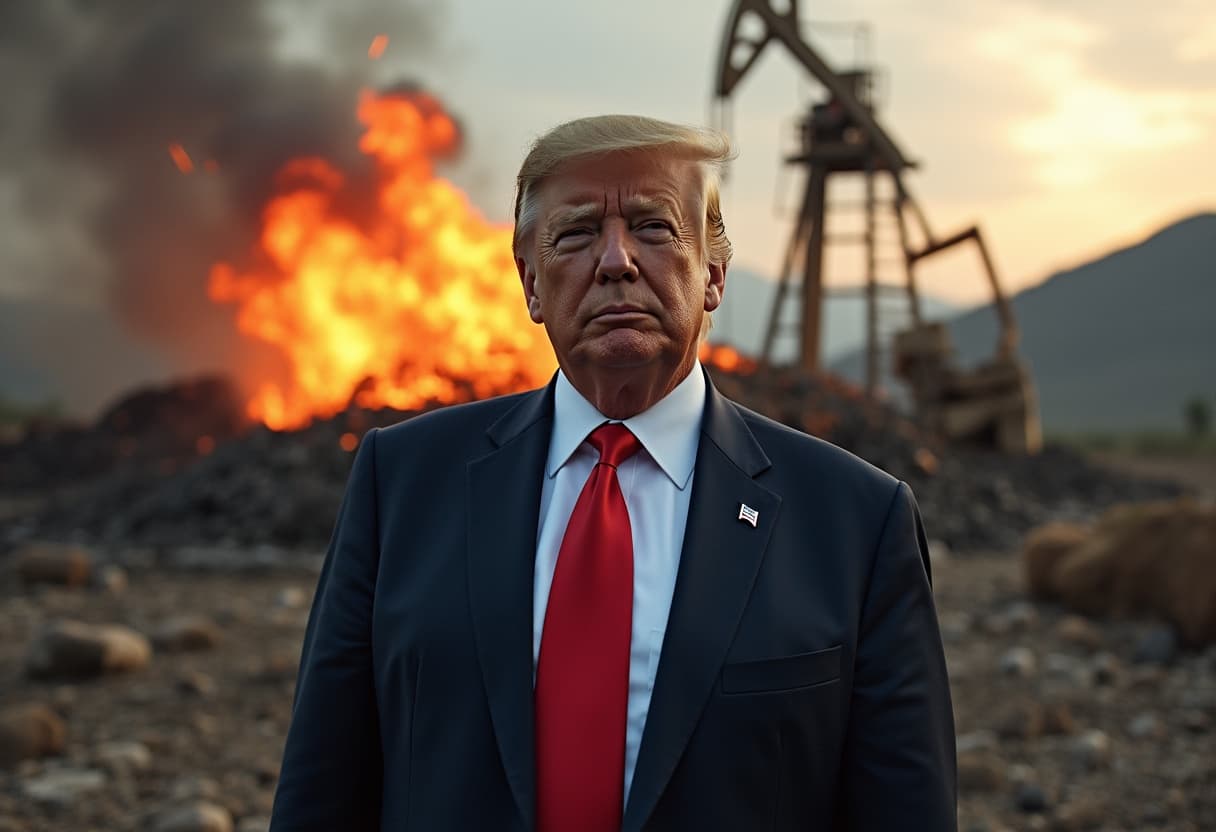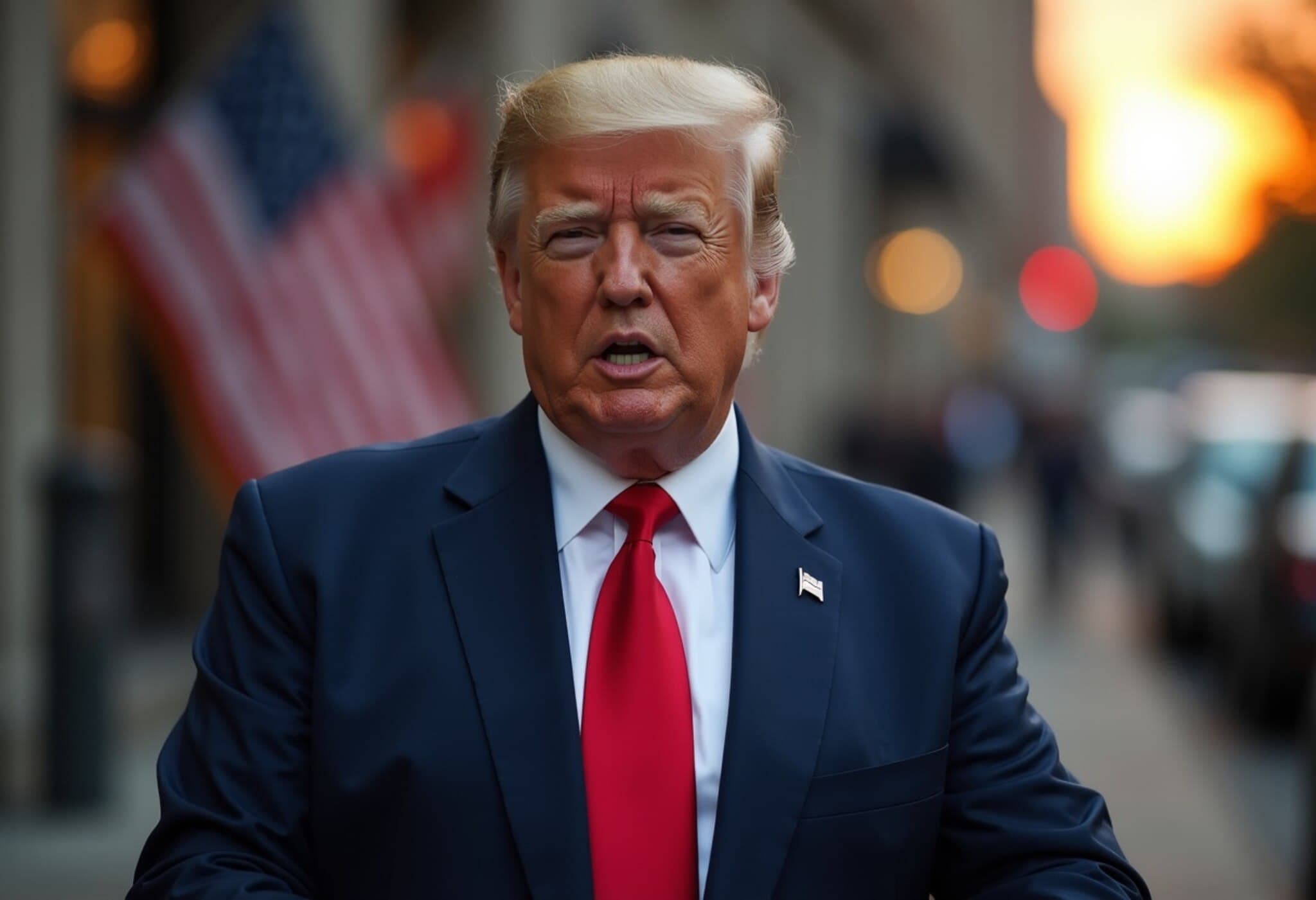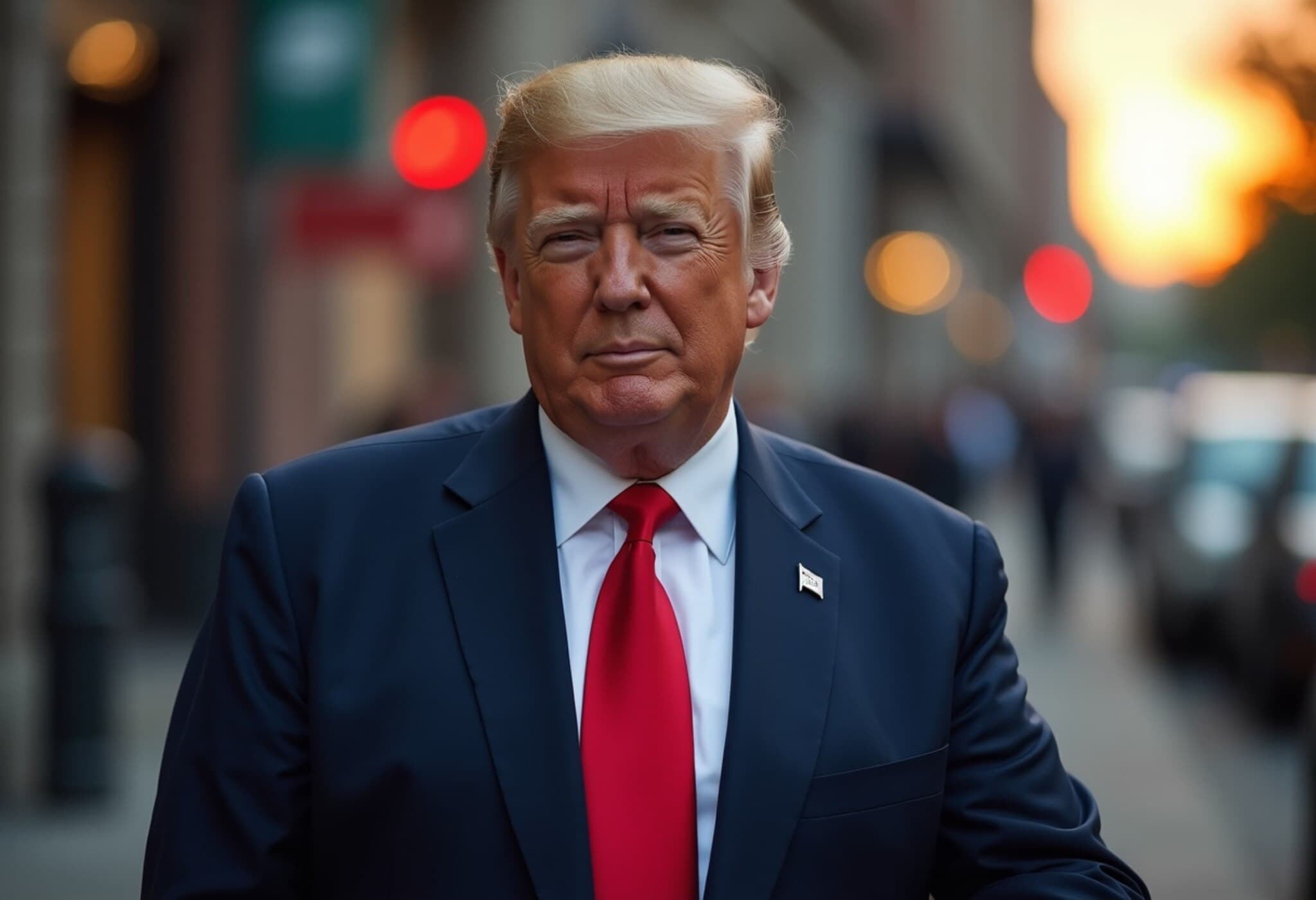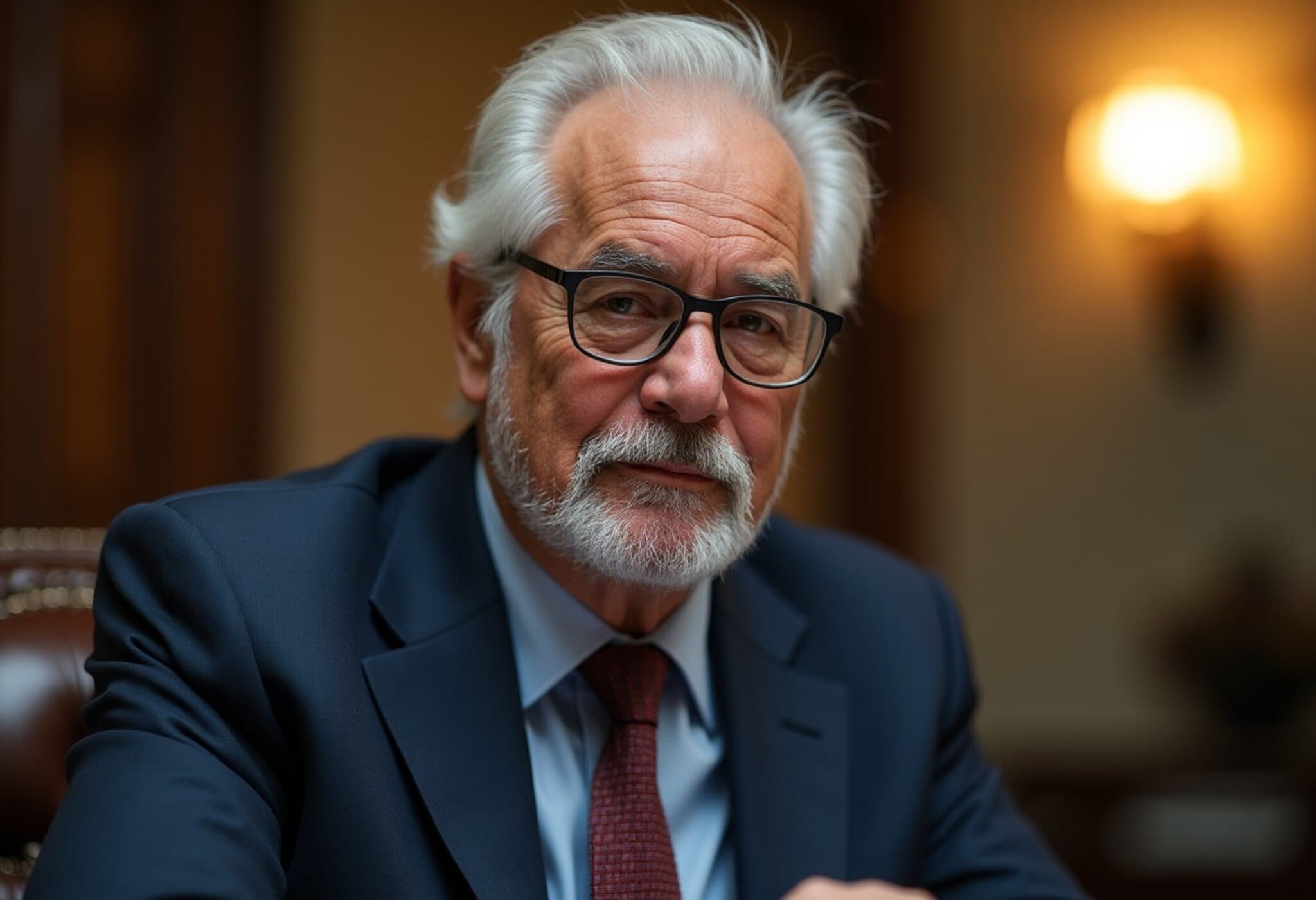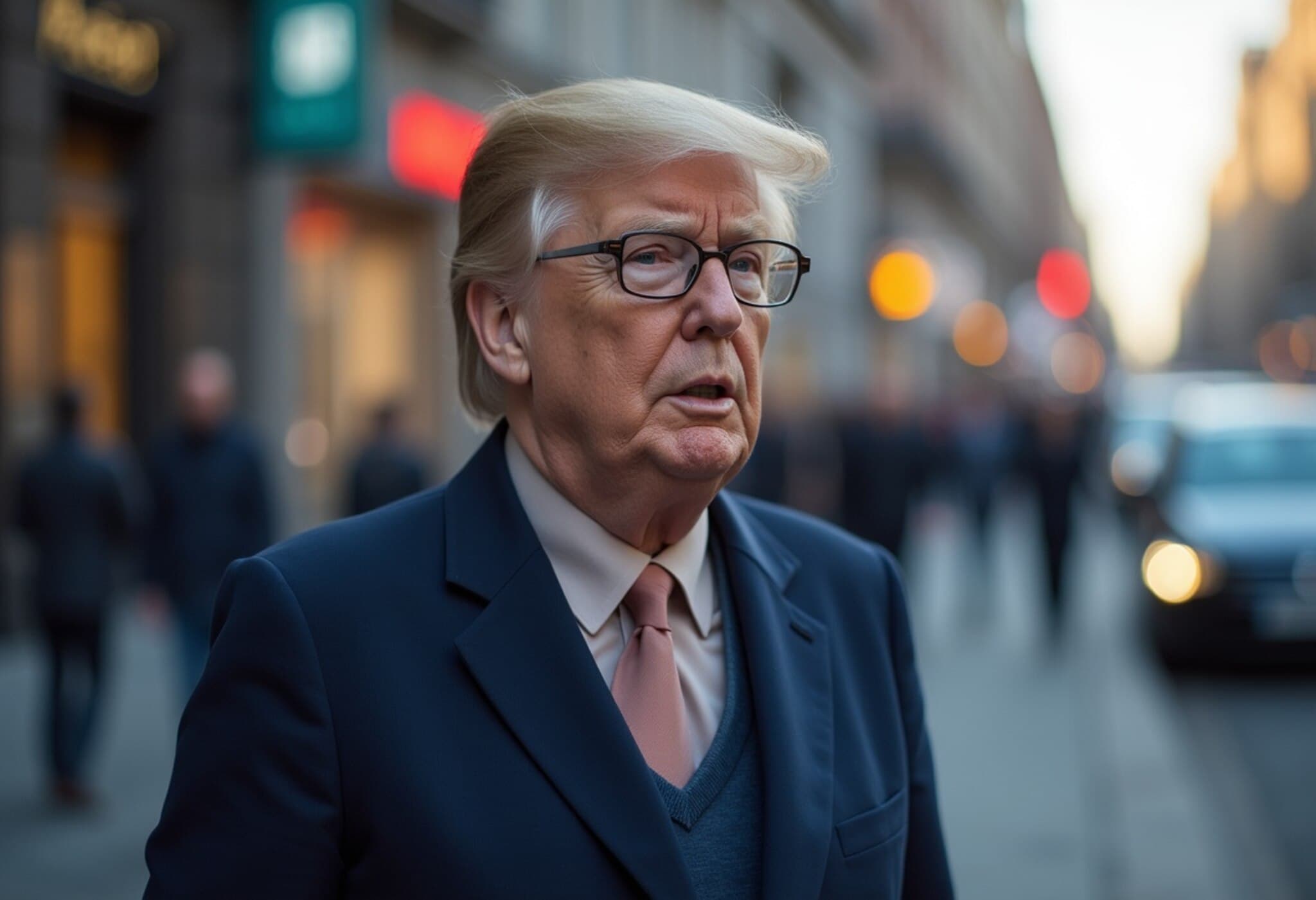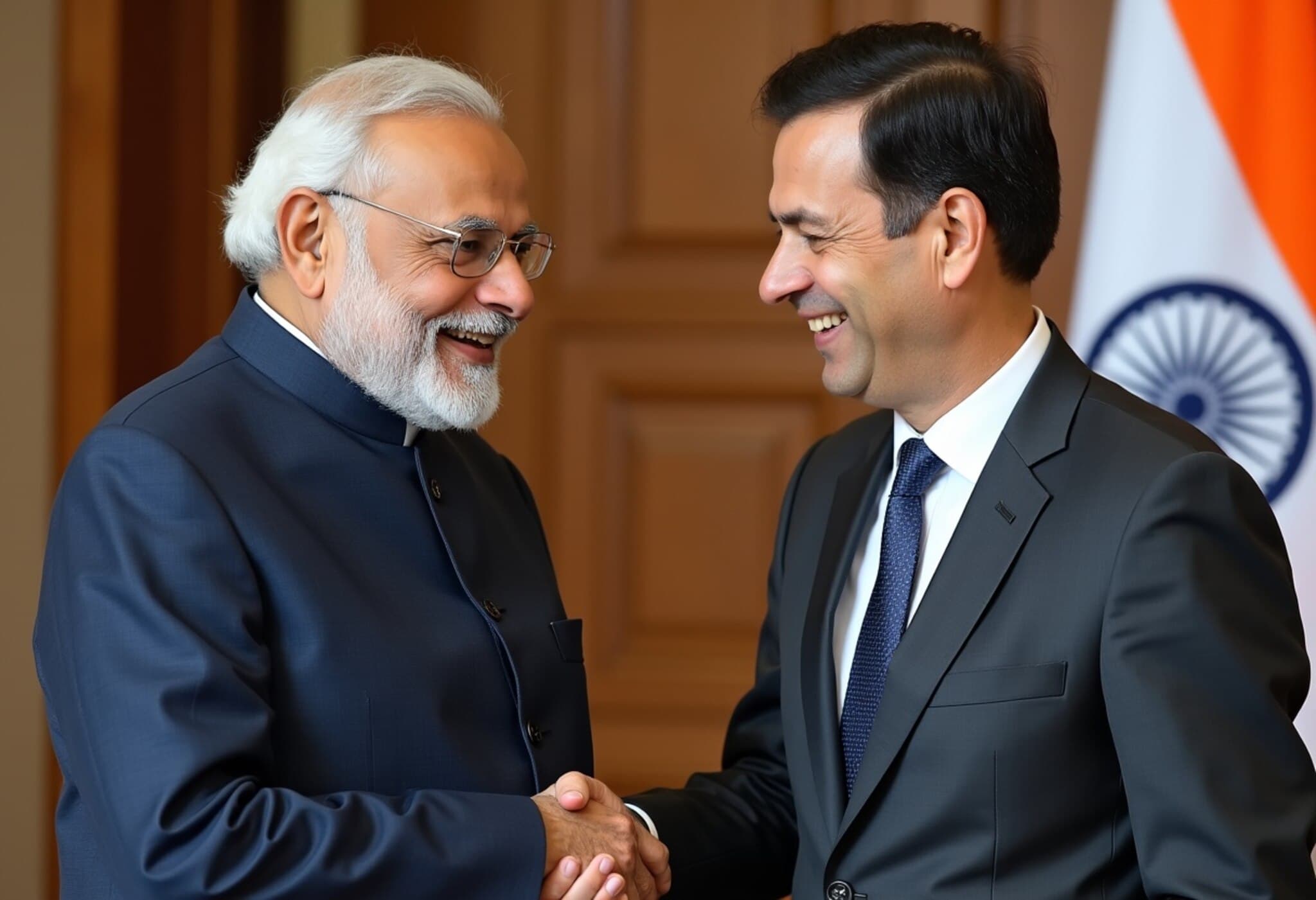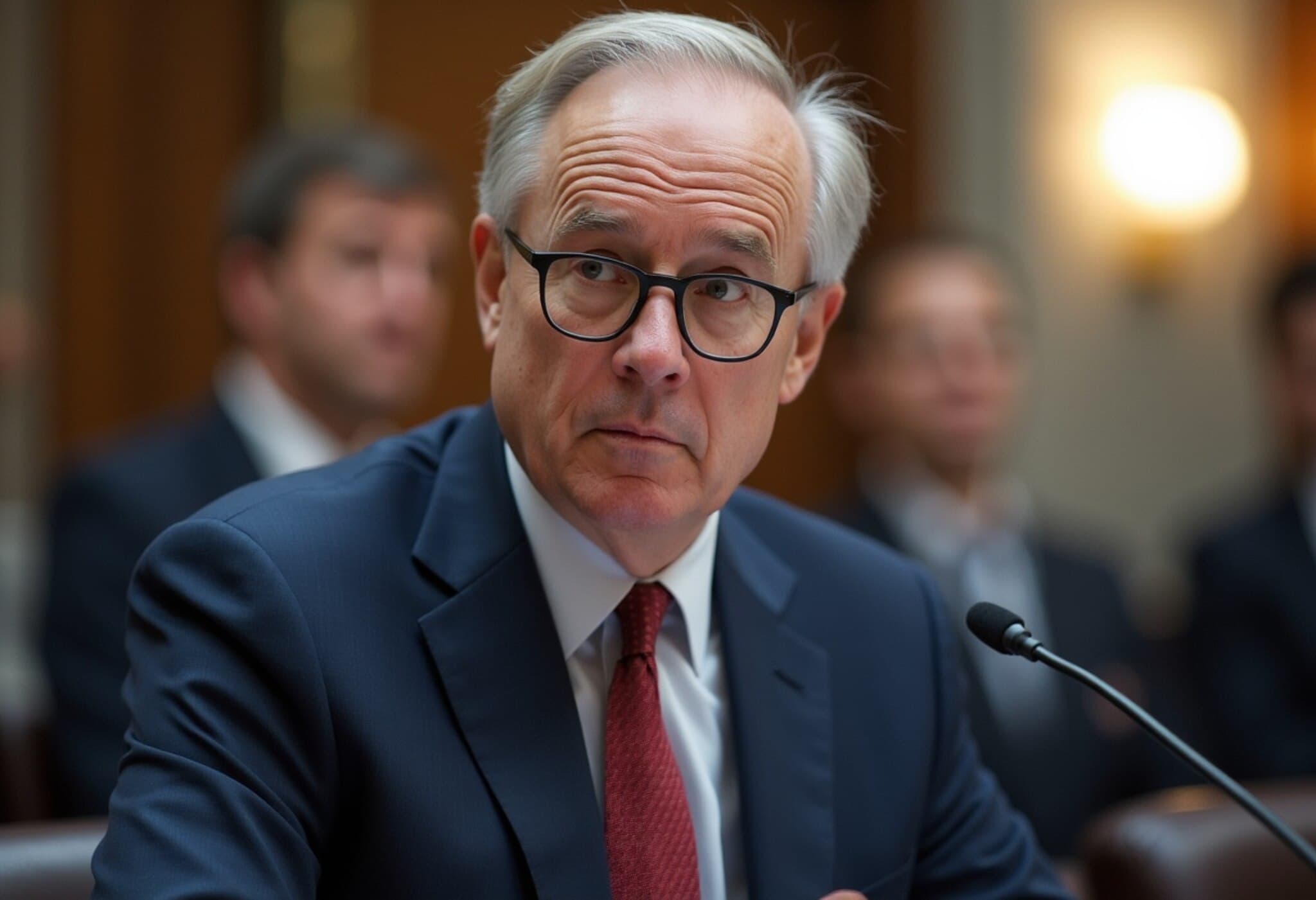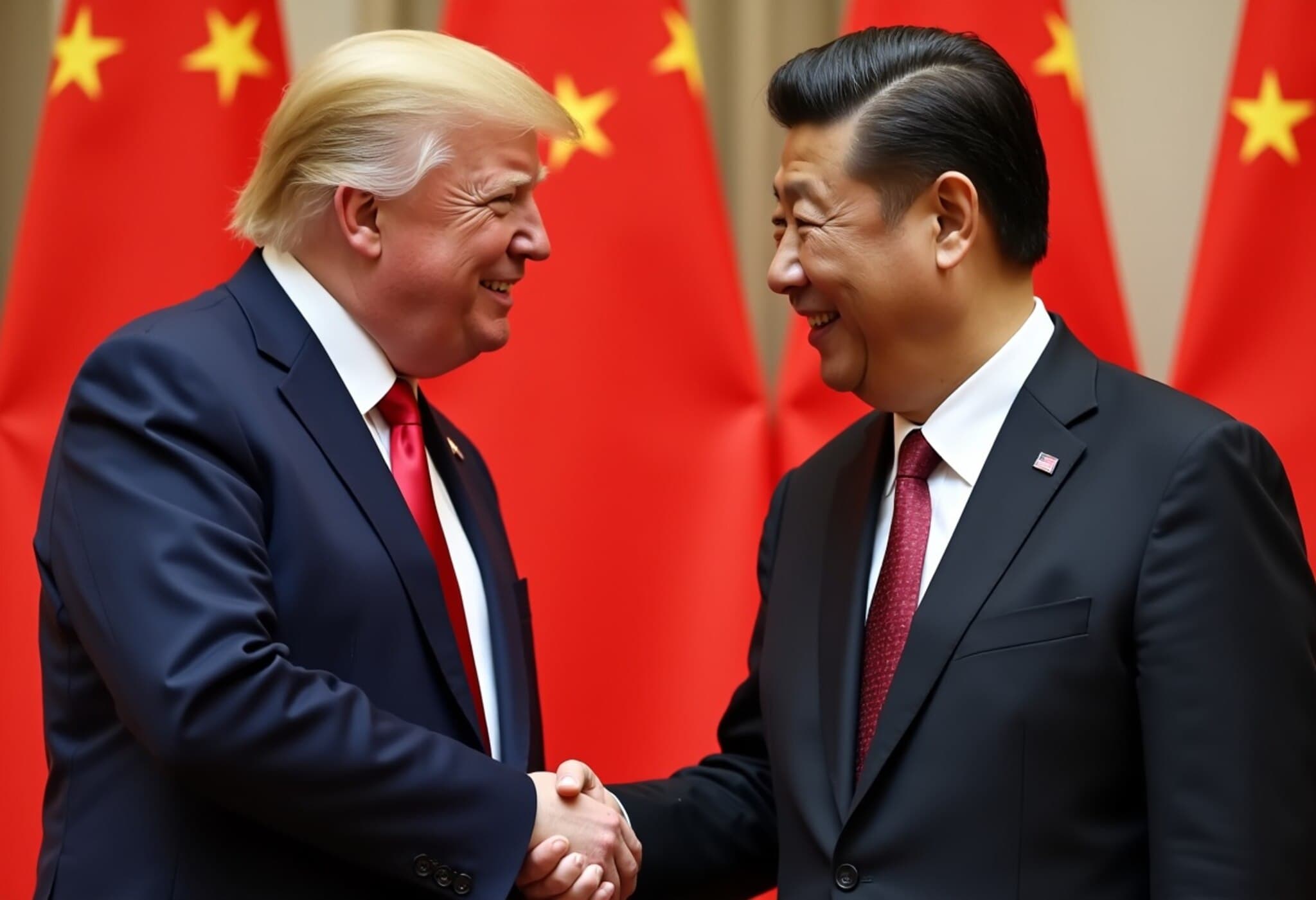US Treasury Secretary Raises Questions Over Trump’s Claimed Vietnam Trade Deal
Just weeks after former President Donald Trump publicly celebrated a so-called "great" trade deal with Vietnam, new statements from US Treasury Secretary Scott Bessent have cast uncertainty over whether the agreement has actually been finalized. In a candid interview on CNBC, Bessent revealed he was unsure if the two nations had signed any formal pact, leaving analysts and businesses eager for clarity.
Trump’s Announcement: A Fast-Paced Framework, Not a Signed Deal
On July 2, 2025, President Trump announced that the United States and Vietnam had secured a trade deal promising reduced tariffs on Vietnamese goods in return for increased US market access within Vietnam. However, details about the deal were vague and lacked official documentation at the time. This announcement followed Trump’s earlier imposition of a steep 46% tariff on Vietnamese imports, part of his broader trade strategy.
The US Treasury Secretary’s remarks emerged during a CNBC interview when he was asked directly about the existence of a formal signed agreement. Bessent replied, "I assume so," but admitted that he hadn’t personally reviewed the paperwork, deferring to US Trade Representative Ambassador Jamieson Greer, who handles the documentation.
Understanding the Difference: Framework Agreement vs. Binding Trade Deal
Closer examination reveals that what Trump hailed was not a legally binding trade deal but rather a framework agreement—essentially an outline to negotiate a comprehensive trade agreement in the future.
Following a phone call between President Trump and Vietnam’s Minister of Public Security To Lam, Vietnam’s government released a statement confirming that both countries had agreed on a "framework for a fair and balanced reciprocal trade agreement." This framework aims to provide the US with preferential market access in Vietnam while signaling ongoing collaboration to reduce tariffs reciprocally.
Vietnamese Finance Minister Nguyen Van Thang described the framework as "an important negotiation result, creating hope and expectations for businesses," highlighting its potential but underlining that it is not yet a finalized agreement.
Why This Matters: Economic and Policy Implications
Trade agreements, particularly with dynamic economies like Vietnam’s, require precise legal wording and ratification processes before they impact tariffs, market access, or investor confidence. The current ambiguity means companies awaiting tariff adjustments or new import-export permissions may face delays.
Moreover, in the broader context of US trade policy, this episode reflects the challenges in balancing political announcements with the slower, complex realities of international trade negotiations.
Experts caution against conflating preliminary frameworks with completed deals, noting how such confusion can unsettle markets and stakeholders. From a policy analysis standpoint, transparency in trade negotiations ensures that both domestic constituencies and foreign partners maintain trust in the US’s trade commitments.
Looking Ahead: What to Watch for Next
- Official signing of a detailed trade agreement and its publication
- Clarification from US Trade Representative Jamieson Greer or the Treasury Department
- Changes in tariff structures and their timelines
- Response and adjustments from Vietnamese businesses and US exporters
As the US and Vietnam continue trade talks, the story serves as a reminder that headlines may not always reflect the nuanced steps behind major international agreements.
Editor's Note
The evolving situation surrounding the US-Vietnam trade framework invites us to question how political communication intersects with trade diplomacy. While frameworks are essential milestones, their portrayal as completed deals may create unrealistic expectations among businesses and consumers alike. Readers should watch for forthcoming official documentation to better understand the real economic impact. How will this affect US-Vietnam trade relations in a rapidly shifting global trade environment? The answer lies in details yet to be finalized.

